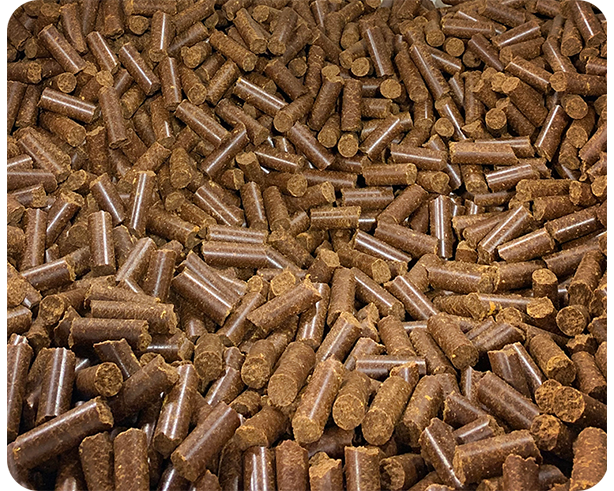Published by Dr. Paul Beck, Associate Professor & Beef Nutrition Specialist, Oklahoma State University
Supplementation programs for stocker cattle on pasture to improve animal performance and overall productivity and profitability of stocker programs is a common management practice. Nevertheless, it is generally perceived that increased weight gains during the stocker/backgrounder phase are negatively related to performance and efficiency during finishing, and therefore can reduce feeder calf sales price. Alternatively, reduced gains during the stocker period is perceived to allow for compensatory gains during finishing, increasing performance and efficiency.
A paper coming out in the December edition of the Applied Animal Science journal from the Oklahoma State University Department of Animal and Food Sciences (Adams and others; Applied Animal Science, volume 39, issue 6 December 2023)is adding to our understanding of stocker cattle nutrition programs and its effect on finishing performance. objectives of this research were to evaluate the effects of pre-finishing plane of nutrition of stocker steers on subsequent feedlot performance and carcass characteristics over two years. Crossbred steers (140 head each year) grazed tall fescue/bermudagrass pastures at the OSU Eastern Research Station near Haskell without supplementation on fertilized pastures; supplemented with 2.5 lbs/day of a distiller’s grains cube on fertilized pastures, or were supplemented with 0.75% of BW/day of supplemental distiller’s grains cubes on unfertilized pastures to replace fertilizer and increase performance. Across years, supplemented steers gained more rapidly and were heavier at the end of the grazing season than non-supplemented steers. It was determined that extruded distiller’s grains cubes are a suitable supplement for steers grazing introduced pastures, and higher supplementation rates could effectively replace N fertilization.
View the full article in the Applied Animal Science Journal
Steers were followed through the finishing phase in a commercial feedyard (Buffalo Feeders LLC at Buffalo, OK) to evaluate carryover effects on performance. Steers were finished in commercial scale pens with steers from treatments comingled. Steer weights were collected at feedlot entry and reimplanting. Bodyweight at slaughter were based on carcass adjusted bodyweight and was calculated based onas hot carcass weight pen average dressing percentage.
Supplementation on pasture increased initial feedlot bodyweight. Although control steers gained faster before re-implanting in both years, control steers only compensated for 40% of the difference in initial bodyweight from high supplement rate steers and had no compensatory gain compared with steers fed the low rate of supplement on fertilized pastures. Steers fed the low rate of supplement on fertilized pastures compensated for 150% of the difference in initial finishing bodyweight from steers fed the high supplement rate on unfertilized pastures. Performance from re-implant to the end of finishing were similar for all treatments. Steer harvest weight did not differ, but non-supplemented controls required more days on feed and more total feed than steers supplemented on pasture. Overall, steers supplemented on pasture consumed less feed and had lower feed costs. Total system net returns were greater for steers supplemented on pasture than controls.
Overall, our results implied that extruded DDG cube supplementation during grazing did not negatively affect subsequent feedlot performance and tended to result in higher carcass quality grade. With fewer days on feed in the feedlot positively related to profitability, supplementing extruded DDG cubes may be a beneficial management strategy when implemented during the grazing season to maximize total system profitability. The relatively short period of compensatory gain for FC steers at the beginning of the finishing phase in both years did not elicit overall improved performance in the feedlot.


